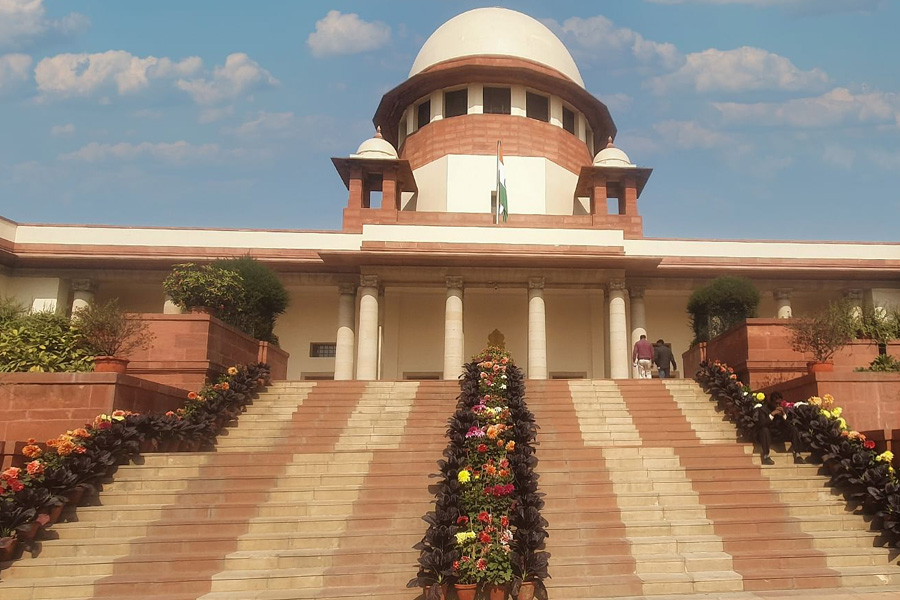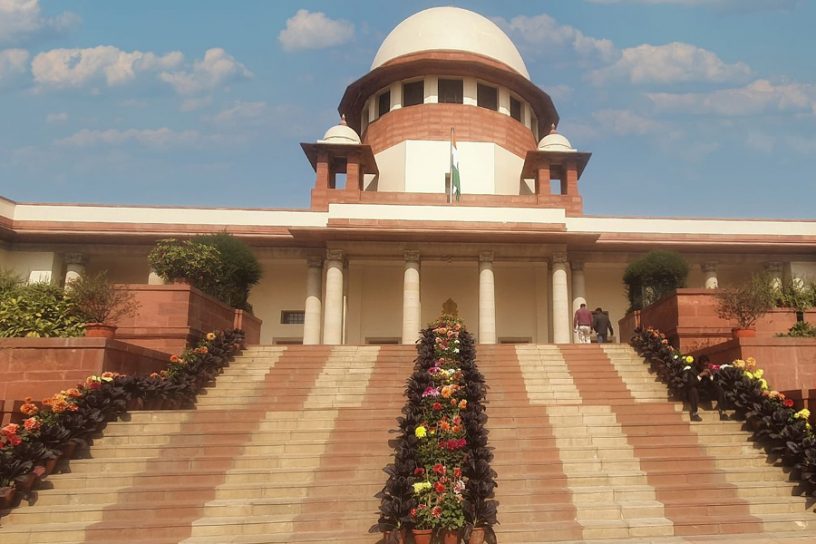
This essay argues that judicial enthusiasm about dignity is not misplaced but must be cautious.
Author
Pritam Baruah, Jindal Global Law School, O.P. Jindal Global University, Sonipat, Haryana, India.
Summary
This essay argues that judicial enthusiasm about dignity is not misplaced but must be cautious. Courts should avoid casual application of the value that devalues its justificatory potential and instead, construct a careful judicial doctrine of human dignity. I identify three reasons for why the widespread application of dignity in Indian constitutional discourse runs the risk of devaluing it.
First, the constitutional status of dignity is unclear: is it a right under Article 21 (right to life and personal liberty), or a value that provides meaning to Article 21, or a value that underlies all fundamental rights. Each of these choices has significant constitutional implications. Second, the scope of dignity is unclear: does it guarantee a minimum standard of life, or human flourishing that entails extensive state obligations. Third, dignity has the potential to limit rights pursuant to the logic of community dignity in the AADHAR decision that portrays dignity as a reason to favour collective goals in curtailing individual rights.
Published in: Economic and Political Weekly
To read the full article, please click here.


